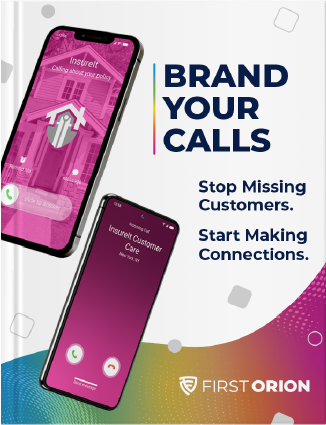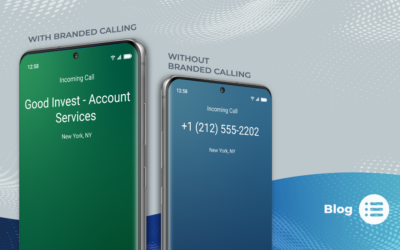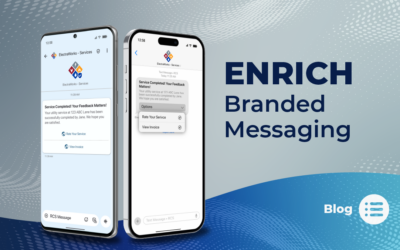Last week, the FCC announced a record-breaking penalty against robocallers, seeking fines of up to $225 million from health insurance telemarketers they say made a billion unwanted robocalls in violation of the Federal Communications Commission rules.
It’s the most significant proposed fine in FCC history; attorneys general for Arkansas, Indiana, Michigan, Missouri, North Carolina, Ohio, and Texas all filed a lawsuit on Tuesday seeking damages, penalty, and an injunction against the offending company Rising Eagle and the two men controlling it, John Spiller and Jakob Mears. The Texas-based telemarketers allegedly spammed consumers in those states, and the FCC press release claims Spiller admitted that “he knowingly called consumers on the Do Not Call list as he believed it was more profitable to target those consumers,” and that they made millions of calls per day using spoofed numbers.
We’re used to seeing scammers take such a blatant approach to robocalling, but a (seemingly legitimate) U.S. based company ignoring the FCC is more uncommon, thanks to increased pressure by the government to reduce bad calling practices. These robocalls claimed to offer health plans from major insurers like Aetna and UnitedHealth with an automated message, but when the consumer pressed a button for more information, they were transferred to a call center that sold plans unrelated to those companies.
Rising Eagle now faces the most substantial fine the FCC has proposed to date, thanks to bad calling practices like spoofing numbers, spamming consumers, and calling numbers flagged as “Do Not Call.” However, they created a larger problem for the companies they’re claiming to represent as well. Enterprises can do little to keep scammers from using their name or brand, potentially damaging their reputation along the way. Companies with large call volumes stand to lose the most from bad actors like Rising Eagle and need to think proactively about how they connect with their consumers and build trust with them. This includes implementing technology that makes phone calls more trustworthy, such as ENGAGE® or INFORM™ enhanced calling, but also spending time educating customers on the methods used to protect them. Since enhanced calling is a new technology, there may be an opportunity for companies to re-establish a line of trust through their communications.
As robocalls have become a more prominent issue, the FCC has pushed carriers to do more to stop them, such as mandating new call authentication technologies. Last year the Traced Act gave regulators more time to track down robocall companies and increased fines for violating laws, which is one reason this instance raised such a hefty fine. Still, there is no one “silver bullet” solution in the fight against robocalls. While the regulations put more responsibility on legitimate businesses to operate responsibly, the U.S. has no jurisdiction over call centers in foreign countries who may disregard laws altogether.
For First Orion, it’s been our strategy to work with businesses, carriers, and the FCC to establish best calling practices and ensure they work in conjunction with our call enhancement solutions. Our background is in identifying and filtering scam calls through AI and data-driven technology, so we understand how call verification collaborates with industry regulation and branded calling to create a trusted call experience. As scammers and robocallers continue to adapt their techniques to reach potential victims, we’ll continue to adapt our technology to ensure they can’t.
Here’s how First Orion actively works against bad callers:
- We verify and mark legitimate business numbers as safe to answer
- We implement scam protection at a carrier level to ensure more people are covered by our scam protection, automatically
- We use data and AI to track spoofers through a technology called “CallPrinting”
- We brand and label calls for businesses with their logo and company name to make it easier to see exactly where calls are coming from
- Our Call Knowledge Suite validates contact numbers to ensure regulatory compliance with current governing entities (FTC, TCPA, FDCPA)
For more information on First Orion and our call enhancement technology, connect with us here.



